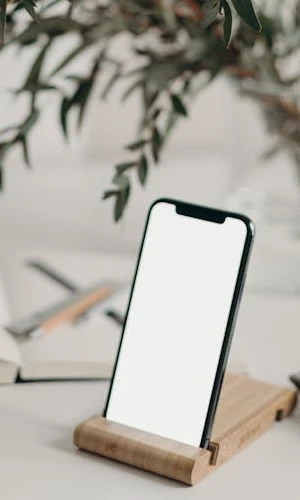You didn’t stumble upon my website by accident; I’m sure of that. Are you thinking about making a change in your daily life? Does it feel like you never have time for yourself or your goals? Almost as if there are never enough minutes in the day to embrace your hobbies, school, work, and relationships?
You swear it was only 5:00 p.m. when you last looked at the clock! Now it’s past midnight, and your eyes are blurry, your throat is dry, and you haven’t used the restroom for seven hours. Does this sound like something you’ve experienced once, twice, or even daily?
You’re not alone. In our current era, technology rules—and I don’t mean in the 90s slang way of saying something is awesome. It truly dominates us, akin to a micromanaging leader who won’t give us any space to work. Why can’t we just let phones be tools for us, with their built-in GPS, calculator, camera, and voice calls? When did it become acceptable to have an app for absolutely everything in our lives?
Boredom is not our enemy. There is another way to exist in the world that doesn't revolve around technology, our computers, or our phones. I promise it is possible to reimagine your life by choosing mindfulness over instant gratification. Continue to the 'Why Digital Minimalism?' section to discover why this movement is so timely and what benefits it offers.

